When most people hear the words ‘mental health’ they immediately think of conditions such as depression, anxiety, bipolar disorder or schizophrenia. In fact, these are mental health conditions (aka mental disorders or mental illnesses).
Mental health is different – it is about good health rather than ill-health.
Because of the widespread confusion between mental health and mental health conditions, many people prefer to use the term mental wellbeing when referring to ‘good’ or ‘positive’ mental health.
Mental wellbeing is still a relatively new idea and it means different things to different people.
Some believe that mental wellbeing refers to your emotional state. These people focus on the presence of positive emotions like happiness and satisfaction, and on how well you are able to regulate negative emotions like sadness, worry and anger.
Others believe that mental wellbeing should refer to how well you function psychologically and socially and live your life. They focus on aspects such as:
- self-esteem and self-acceptance;
- independence and self-direction;
- how well you handle your responsibilities and challenges in life;
- the quality of your relationships with others;
- whether you feel part of a community;
- whether you feel like you make a contribution to society; and
- your sense of purpose or meaning in life.
Many experts argue that both views are important and that mental wellbeing should refer to all three components – emotional, psychological and social wellbeing.
Most experts also agree that, whether high or low, we all experience some level of mental wellbeing but that this level changes depending on your circumstances at the time. If you have high levels of mental wellbeing then you’re said to be flourishing, but if you experience low levels you’re said to be languishing.
Why is mental wellbeing important?
Research consistently shows that a higher level of mental wellbeing leads to improved learning, creativity and productivity, more pro-social behaviour, better relationships, and improved physical health and life expectancy. High levels of mental wellbeing are also associated with lower rates of mental health conditions, so the former will in theory help prevent the latter.
Because mental wellbeing is so important, Prevention United strives to provide resources, programs and services that assist people to enhance their mental wellbeing – because it is good in its own right and because we believe that promoting mental wellbeing can help to prevent mental health conditions.
Mental health conditions
While everyone has a level of mental wellbeing, not everyone will experience a mental health condition, although it is worth noting that around half of all Australians will experience a clinically significant mental health condition at some point in their life and in any given year, 1 in 5 Australians is living with a mental health condition.
There are numerous mental health conditions, each with a different cluster of symptoms, including the most common types such as depression and anxiety disorders, as well as less common conditions such as behavioural disorders, eating disorders, bipolar disorder, and schizophrenia. The one thing they all have in common is the tendency to cause severe distress and impact our day-to-day functioning.
Prevention United believes that the diagnosis of these conditions requires an assessment by a doctor, psychologist or other mental health specialist and this assessment should be done in line with agreed guidelines, such as the World Health Organisation International Classification of Diseases or the American Psychiatric Association Diagnostic and Statistical Manual of Mental Disorders.
What’s the connection?
Mental wellbeing and mental health conditions are two different experiences, which can vary along two separate but linked spectrums. At any given time you can have:
-
- Low, moderate or high levels of mental wellbeing, AND
-
- None, some, or all of the symptoms of a particular mental health condition.
Having low levels of mental wellbeing is not the same as having a mental health condition. In other words you can be languishing but not have a mental health condition.
As strange as it may seem if you’re unfamiliar with the concept of mental wellbeing, people living with a mental health condition can also experience good levels of mental wellbeing. Mental wellbeing is an individual, subjective experience and anyone can flourish in their life if they are given the opportunity to lead a fulfilling and contributing life, regardless of whether they have a diagnosed mental health condition or not.
Ultimately mental wellbeing is about feeling good, having positive relationships, functioning well, and feeling that you have purpose and meaning in your life. Paying attention to your mental wellbeing is therefore important and relevant to all of us – whether we’re affected by a mental health condition or not.
References used:
- Barry, M.M. (2009). Addressing the determinants of positive mental health: concepts, evidence and practice. International Journal of Mental Health Promotion, 11(3), 4-17.
- Huppert, F.A. & Ruggeri, K. (2017). Controversies in Well-being: Confronting and resolving the challenges. Chapter 15 in, D. Bhugra, K. Bhul, S. Wong, S. Gillman (Eds), Oxford Textbook of Public Mental Health. Oxford University Press: Oxford.
- Huppert, F.A. & So, T.T.C. (2013) Flourishing Across Europe: Application of a New Conceptual Framework for Defining Well-Being. Social Indicators Research, 110, 837–861.
- Keyes, C. (2002). The mental health continuum: from languishing to flourishing in life. http://midus.wisc.edu/findings/pdfs/56.pdf.




